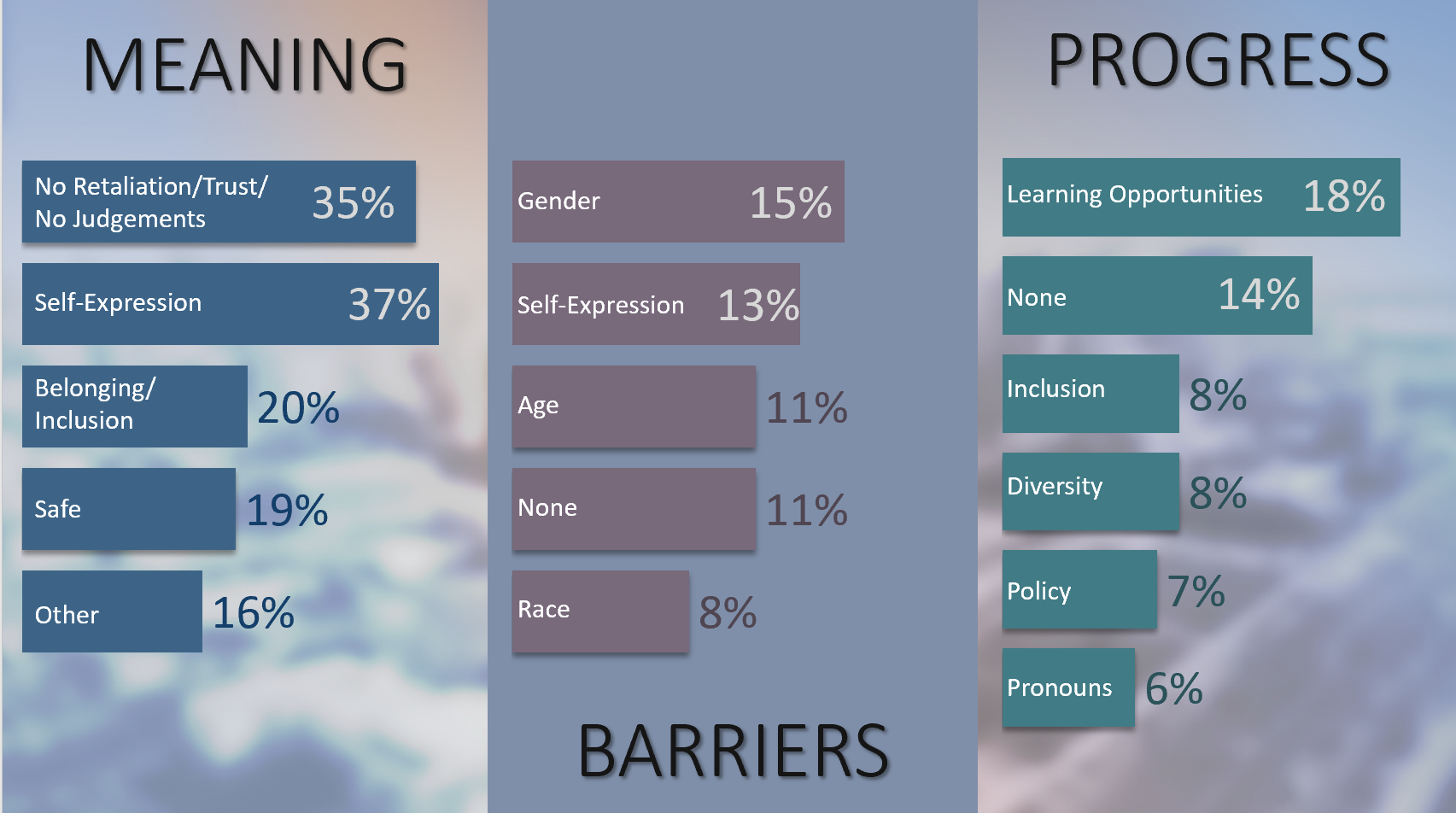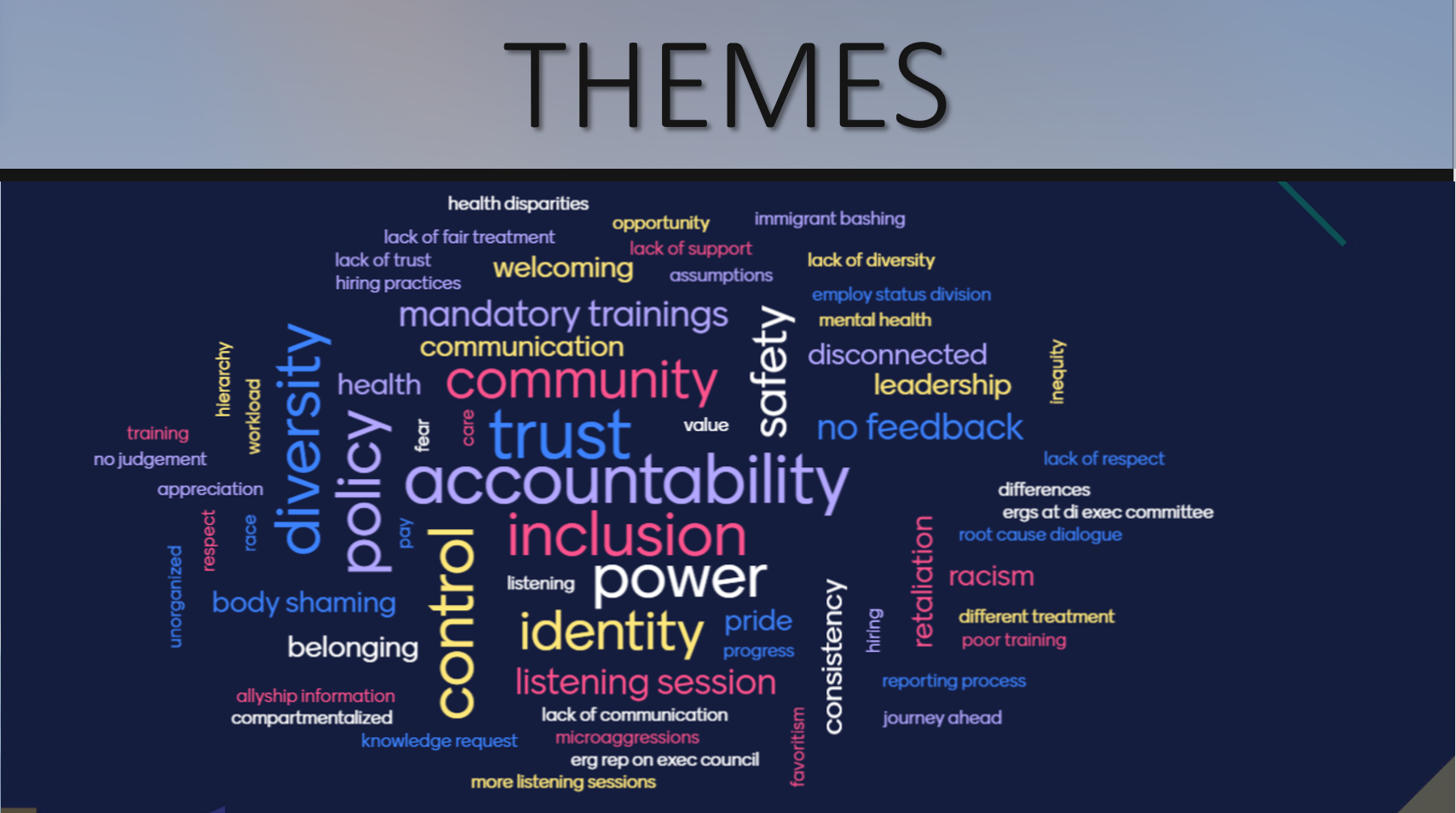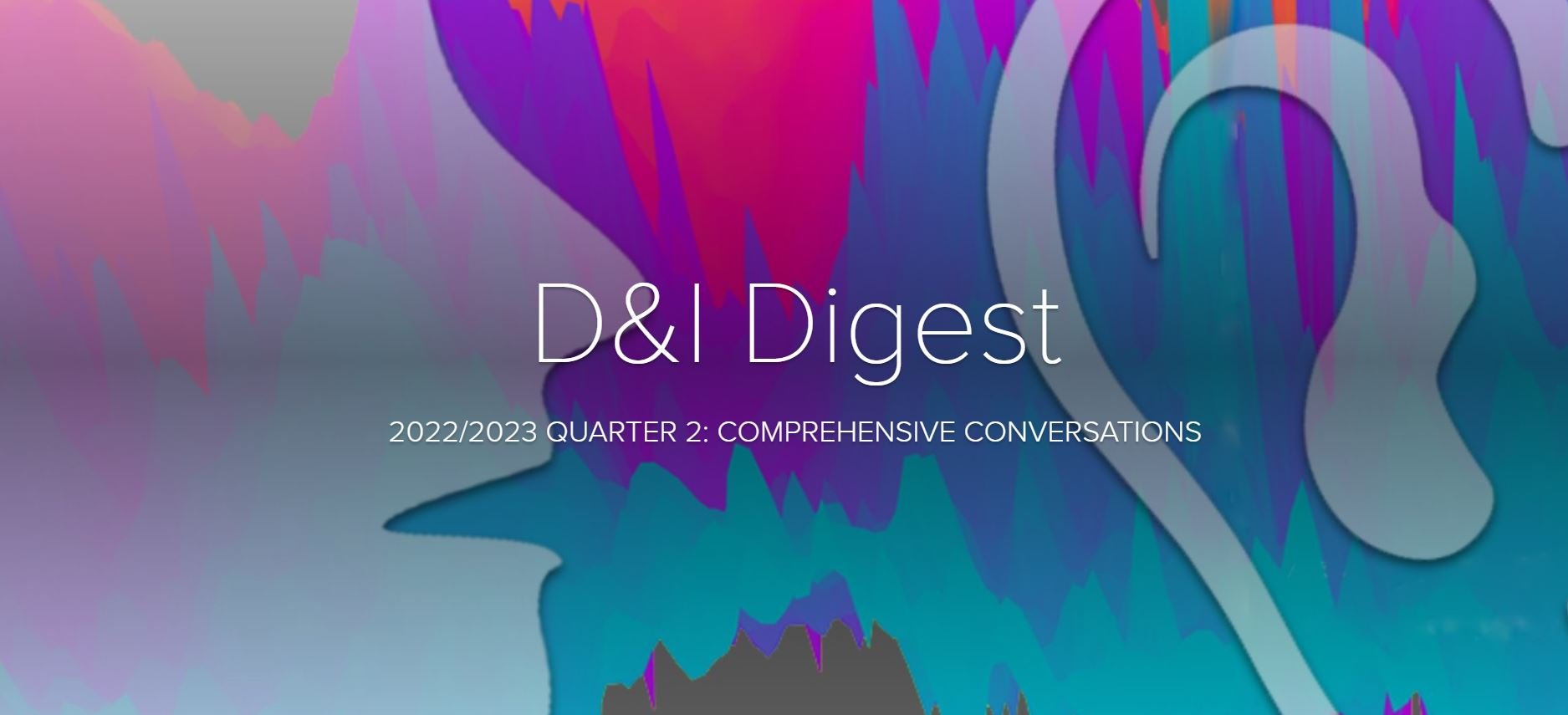Meet the County’s Newest Equity Impact Managers
/A message from the Office of Equity and Racial Justice (OERJ):
We are excited to announce that Alejandra Chaidez and Chiara Leroy have joined us here at the Office of Equity and Racial Justice (OERJ) as the newest equity impact managers.
Among the projects they will lead, Alejandra will manage the Equity Impact Grant Program and rollout of the Equity Indicator Report. Chiara will spearhead the County’s Anti-racism Strategy and Implementation of the Convention on the Elimination of All Forms of Discrimination Against Women (CEDAW) Ordinance.
Many of you may already know Alejandra and Chiara as they are not new to the County.
Alejandra Chaidez
Alejandra is rejoining OERJ from the Finance and General Government Group (FG3) Executive Office. While at FG3, she served as a Chief Administrative Office staff officer for the past year and a half. Before coming to the County, Alejandra worked for community-based organizations and universities in research, data analysis and program evaluation.
She has also worked with California state legislation and international treaties and for events such as the United Nations 9th Conference of State Parties to the Convention on the Rights of Persons with Disabilities and the United Nations 3rd Conference on Housing and Sustainable Urban Development, which was held in Quito, Ecuador.
Alejandra is a graduate from the University of California. She has a Master of Public Policy from the UC San Diego, and a Bachelor of Arts in Political Science and Social Welfare from UC Berkeley.
Born in San Diego and raised in Tijuana, Mexico until the age of 14, her binational experience has inspired her desire to work on improving the opportunities of communities in San Diego County and along the border region.
Her research and policy interests include mental health and well-being, disability rights, equity and inclusion, transnational and immigration issues, and issues in bilingual and English as a second language education.
During her free time, Alejandra enjoys spending time with her family, especially her one-year-old, Brisa, and trying new places and restaurants in San Diego and Tijuana.
Chiara Leroy
Chiara joins OERJ after more than seven years with the Health and Human Services Agency (HHSA). During her time with HHSA she held several roles, including the County’s CDC-grant funded Overdose Data to Action (OD2A) program.
In addition to her work on OD2A, her County experience includes supporting administration and operations for the County’s Public Health Lab; serving as the co-lead for the Healthcare Sector COVID-19 response; participating in Black Infant Health programming as part of Maternal, Child, and Family Services; supporting revitalization efforts in the rural areas in North Regions; and served as communications lead in the Public Health Department Operations Center for the Hepatitis A local health emergency.
She is a first-generation Haitian-American who moved to San Diego from Anaheim to attend San Diego State University (SDSU). Chiara earned a Bachelor of Science in Biology from SDSU and began working in stem cell research studying diabetes, pancreatic cancer, and therapy treatments for stroke victims. She later went on to achieve her Master of Public Health from Nova Southeastern University in Fort Lauderdale, Florida, and began working as a grant writer for a San Diego-based federally qualified health center.
Chiara has a long-standing history of advocating on behalf of “opportunity youth” to connect them to resources throughout the community and provide them safe spaces to learn, work and play. The term “opportunity youth” refers to youth who are neither in school nor working.
She continues to build on her years of local community work, including promoting S.T.E.M. to students of all ages, providing mentorship to youth, conducting global health research, and promoting equity, diversity, and inclusion.
For over two decades, she has participated in community-based and national organizations that promote access to health care and S.T.E.M., including board member service.
In her free time, Chiara enjoys reading, playing soccer, traveling and anything else that allows her to enjoy life to the fullest.
To learn more about OERJ’s staff, visit them online.











